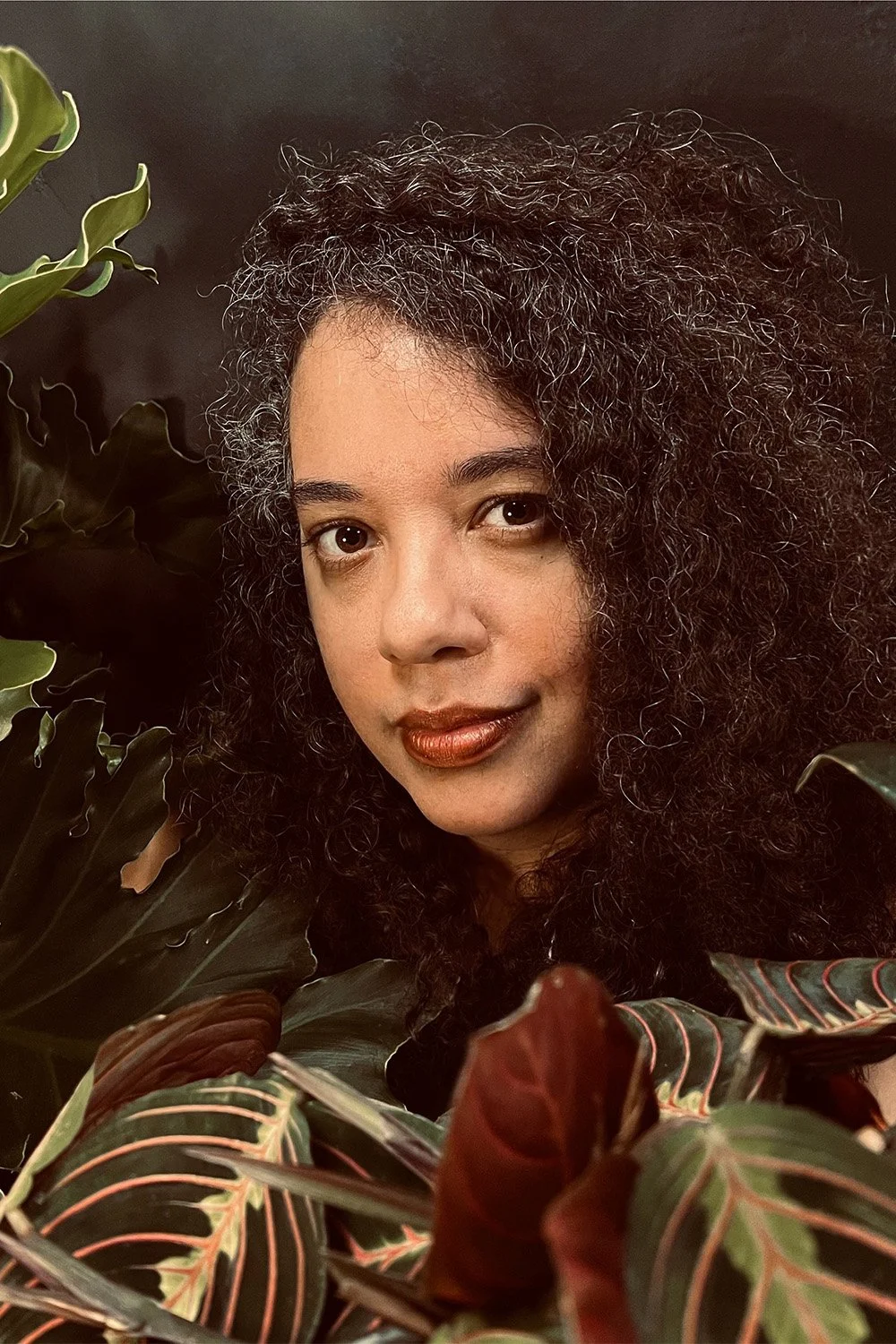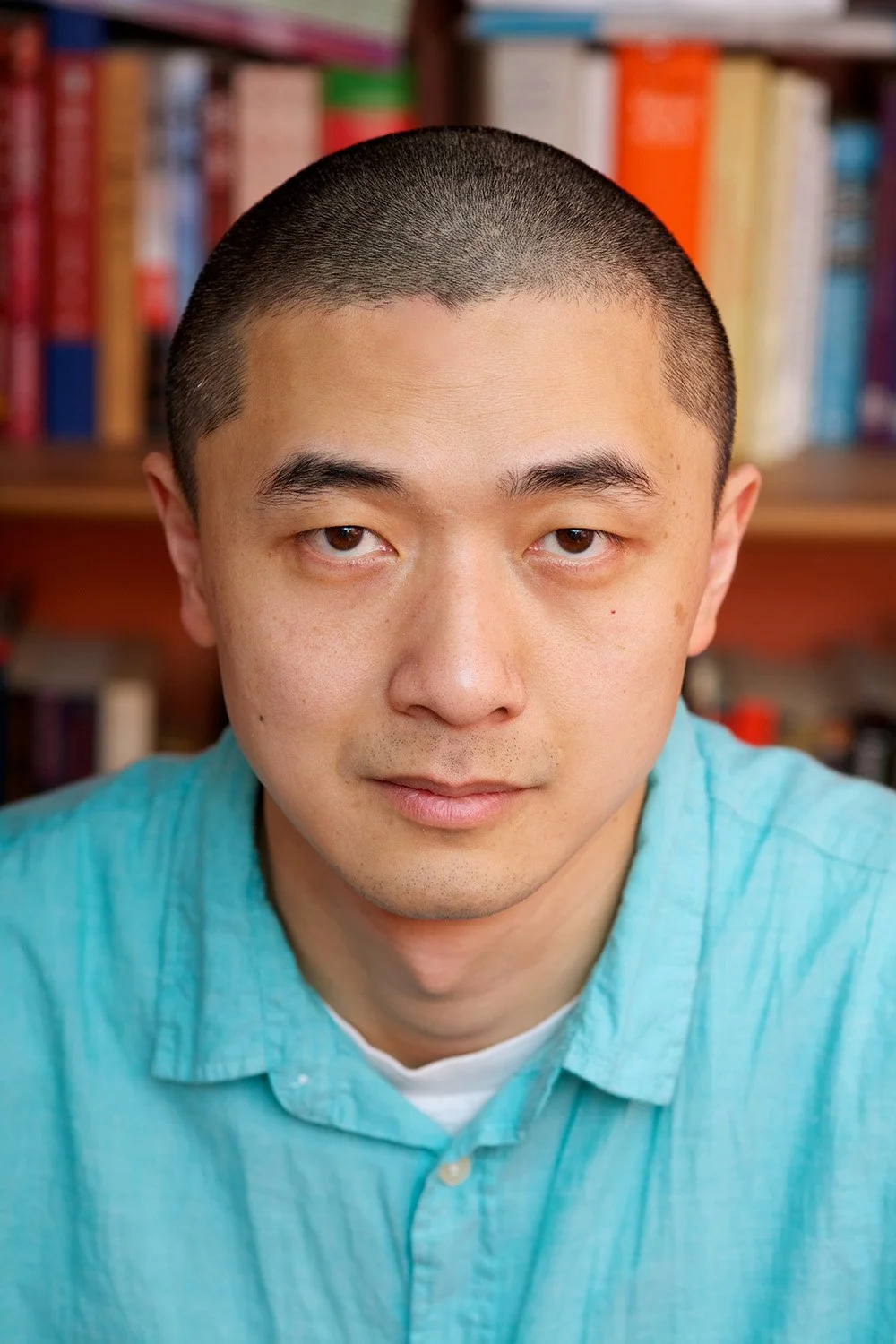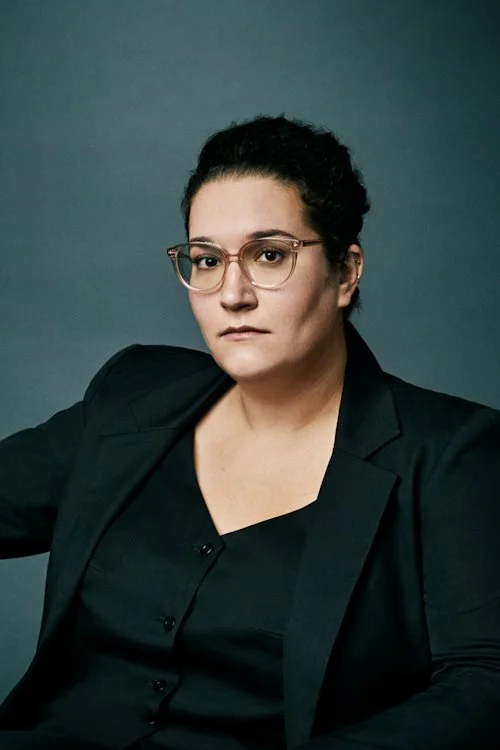The 2024 Ursula K. Le Guin Prize for Fiction
Ursula K. Le Guin in 2016. Photo courtesy of and copyright William Anthony.
“Hard times are coming, when we’ll be wanting the voices of writers who can see alternatives to how we live now, can see through our fear-stricken society and its obsessive technologies to other ways of being, and even imagine real grounds for hope. We’ll need writers who can remember freedom—poets, visionaries—realists of a larger reality.”
The Ursula K. Le Guin Prize for Fiction is a $25,000 cash prize given to a writer for a single work of imaginative fiction. This award is intended to recognize those writers Ursula spoke of in her 2014 National Book Awards speech—realists of a larger reality, who can imagine real grounds for hope and see alternatives to how we live now.
“Many will appreciate an irony in that Ursula herself was suspicious of literary awards and prizes. At the same time, she recognized their genuine value in honoring a writer and increasing visibility of good, undervalued writing. She also knew that a bit of money, at the right moment and in the right spirit, can be a turning point in a writer’s ability to continue writing. I hope the Prize will provide meaningful help and recognition to writers who might otherwise not receive it.”
—Theo Downes-Le Guin, Ursula’s son and literary executor
From April 1 to 30, 2024, all readers, authors, booksellers, publishers, librarians, and anyone else were invited to nominate work they believe fits the following criteria:
The Prize will be given to a writer whose work reflects the concepts and ideas that were central to Ursula’s own work, including but not limited to: hope, equity, and freedom; non-violence and alternatives to conflict; and a holistic view of humanity’s place in the natural world.
To be eligible for the 2024 Prize, a book must also be:
A book-length work of imaginative fiction written by a single author.
Available in the U.S. in English or in translation to English. (In the case of a translated work winning the Prize, the cash prize will be equally divided between author and translator.)
First published between April 1, 2023, and March 31, 2024.
Additionally, any use of large language models/“AI” in the creation of a work must be disclosed. Works with undisclosed use of large language models/“AI” may be disqualified.
A writer may receive the Prize only once.
The Prize also gives weight to those writers whose access to resources, due to race, gender, age, class or other factors, may be limited; who are working outside of institutional frameworks such as MFA programs; who live outside of cultural centers such as New York; and who have not yet been widely recognized for their work.
The recipient of each year’s prize will be chosen by a selection panel of authors. The 2024 selection panelists are below.
2024 Selection Panel
Photo by Luis Mora
Margaret Atwood is the author of more than fifty books of fiction, poetry, and critical essays. Her novels include Cat’s Eye, The Robber Bride, Alias Grace, The Blind Assassin, and the Maddaddam trilogy. Her 1985 classic The Handmaid’s Tale was followed in 2019 by a sequel, The Testaments, which was a global bestseller and won the Booker Prize. In 2020 she published Dearly, her first collection of poetry in a decade, followed by 2022’s Burning Questions, a selection of essays from 2004-2021. Her next collection of short stories, Old Babes in the Wood, was published in 2023. Atwood has won numerous awards, including the Arthur C. Clarke Award for Imagination in Service to Society, the Franz Kafka Prize, the Peace Prize of the German Book Trade, the PEN USA Lifetime Achievement Award, and the Dayton Literary Peace Prize. In 2019 she was made a member of the Order of the Companions of Honour for services to literature. She has also worked as a cartoonist, illustrator, librettist, playwright, and puppeteer. She lives in Toronto, Canada.
Photo courtesy Omar El Akkad
Omar El Akkad is an author and a journalist. He has reported from Afghanistan, Guantánamo Bay, and many other locations around the world. His work earned Canada’s National Newspaper Award for Investigative Journalism and the Goff Penny Award for young journalists. His writing has appeared in The Guardian, Le Monde, Guernica, GQ, and many other newspapers and magazines. His debut novel, American War, was an international bestseller and has been translated into 13 languages. It won the Pacific Northwest Booksellers Association Award, the Oregon Book Award, and the Kobo Emerging Writer Prize. His second novel, What Strange Paradise, won the Giller Prize, and was named one of the best books of the year by The New York Times, The Washington Post, and NPR.
Photo by Jon Cameron
Megan Giddings is an assistant professor at the University of Minnesota. Her novel Lakewood was published by Amistad in 2020. It was one of New York Magazine’s 10 best books of 2020, one of NPR’s best books of 2020, a Michigan Notable book for 2021, was a nominee for two NAACP Image Awards, and a finalist for a 2020 Los Angeles Times Book Prize in The Ray Bradbury Prize for Science Fiction, Fantasy, and Speculative Fiction category. Her second novel, The Women Could Fly (Amistad 2022), was named one of The Washington Post’s Best Science Fiction and Fantasy novels of 2022, one of Vulture’s Best Fantasy books of 2022, and was a New York Times Editors’ Choice. Her work has received support from the Barbara Deming Foundation and Hedgebrook.
Photo by Lisa Tang Liu
Ken Liu is an American author of speculative fiction. A winner of the Nebula, Hugo, and World Fantasy awards, he wrote the Dandelion Dynasty, a silkpunk epic fantasy series (starting with The Grace of Kings), as well as short story collections The Paper Menagerie and Other Stories and The Hidden Girl and Other Stories. He also penned the Star Wars novel The Legends of Luke Skywalker.
Prior to becoming a full-time writer, Liu worked as a software engineer, corporate lawyer, and litigation consultant. Liu frequently speaks at conferences and universities on a variety of topics, including futurism, machine-augmented creativity, history of technology, bookmaking, and the mathematics of origami.
Photo by Art Streiber
Carmen Maria Machado is the author of the bestselling memoir In the Dream House, the graphic novel The Low, Low Woods, and the award-winning short story collection Her Body and Other Parties. She has been a finalist for the National Book Award and the winner of the Bard Fiction Prize, the Lambda Literary Award for Lesbian Fiction, the Lambda Literary Award for LGBTQ Nonfiction, the Brooklyn Public Library Literature Prize, the Shirley Jackson Award, and the National Book Critics Circle's John Leonard Prize. In 2018, the New York Times listed Her Body and Other Parties as a member of "The New Vanguard," one of "15 remarkable books by women that are shaping the way we read and write fiction in the 21st century."
Her essays, fiction, poetry, and criticism have appeared in the New Yorker, The New York Times, Granta, Vogue, This American Life, Harper’s Bazaar, Tin House, McSweeney's Quarterly Concern, The Believer, Guernica, Best American Science Fiction & Fantasy, Best American Nonrequired Reading, and elsewhere. She holds an MFA from the Iowa Writers’ Workshop and has been awarded fellowships and residencies from the Guggenheim Foundation, The Pew Center for Arts & Heritage, Yaddo, Hedgebrook, and the Millay Colony for the Arts. She is the former Abrams Artist-in-Residence at the University of Pennsylvania.







